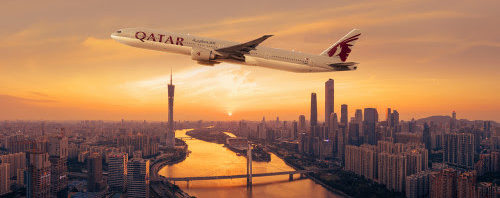HONG KONG: Gold prices surged globally on Monday as tensions continue to soar between US-China and a spike in coronavirus infections around the world.
After months of healthy rallies across equity markets, fuelled by trillions of dollars in government and central bank support, traders are beginning to step back as they weigh the long-term economic impact of the coronavirus.
With vast monetary easing measures put in place by the Federal Reserve pushing the dollar lower against most other currencies, gold is flying, hitting an all-time high of $1,944.71, well above its previous record of $1,921.18 seen in 2011.
Eyes are on the Fed’s next policy meeting this week, with some predicting further measures to boost the economy — possibly negative interest rates — that could put more pressure on the dollar and send bullion above $2,000.
There are also concerns that a worse-than-forecast reading on second-quarter US gross domestic product could spark another dollar sell-off.
While the weak dollar has been a key catalyst for the metal’s advance, gold has also been boosted by its attractiveness as a haven in times of turmoil with China-US relations souring by the day.
“Strong gains are inevitable as we enter a period much like the post-global financial crisis environment, where gold prices soared to record levels as a result of copious amounts of Fed money being pumped into the financial system,” said Gavin Wendt, senior resource analyst at MineLife.
The greenback was down against most other currencies, with the euro at its highest since September 2018, while higher-yielding units such as the South Korean won and Indonesian rupiah were also up.
Stock markets were mostly up but with little conviction as investors fret over the impact of the virus on the economy.
Shanghai was slightly higher, having suffered big losses last week as China and the US closed consulates in Chengdu and Houston, ramping up tensions between the superpowers.
Sydney was up 0.2% , while Singapore and Jakarta each added 0.3%, though Seoul climbed more than one percent and Taipei jumped more than two per cent.
Tokyo, Hong Kong and Mumbai drifted lower.
Investors are growing concerned about lawmakers’ slow progress on a new US stimulus programme, with Republicans still to present their proposals worth around $1 trillion, which is less than a third of the plan set out by Democrats.
There are concerns an agreement could take some time, hitting millions of Americans whose much-needed extra unemployment benefits are about to come to an end.











